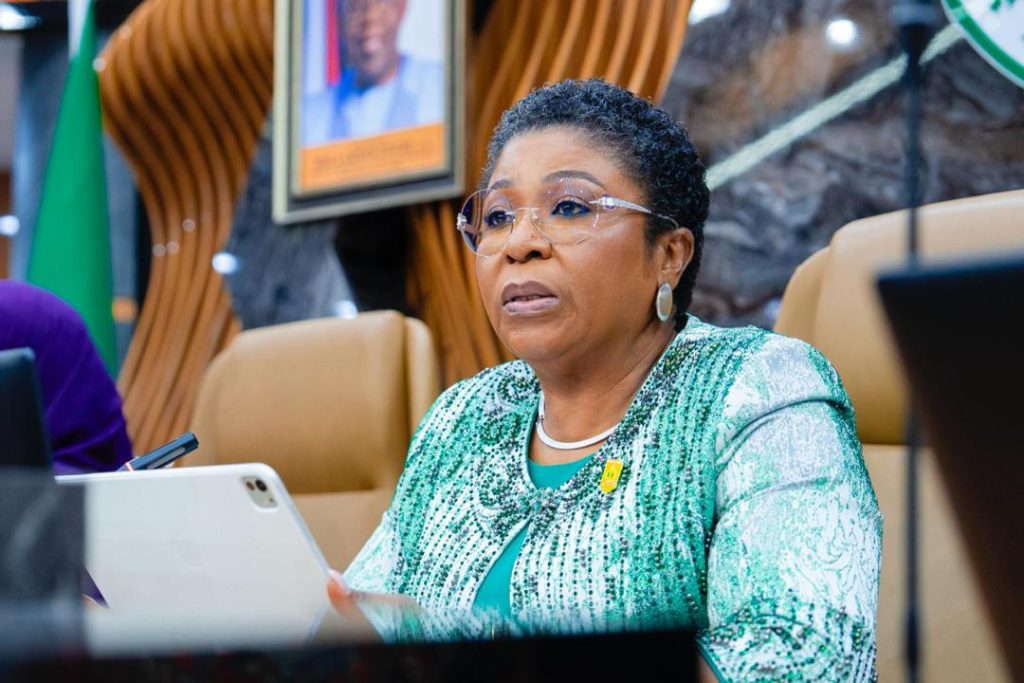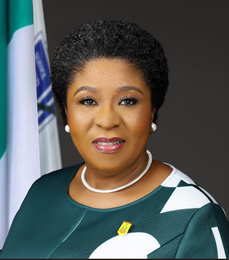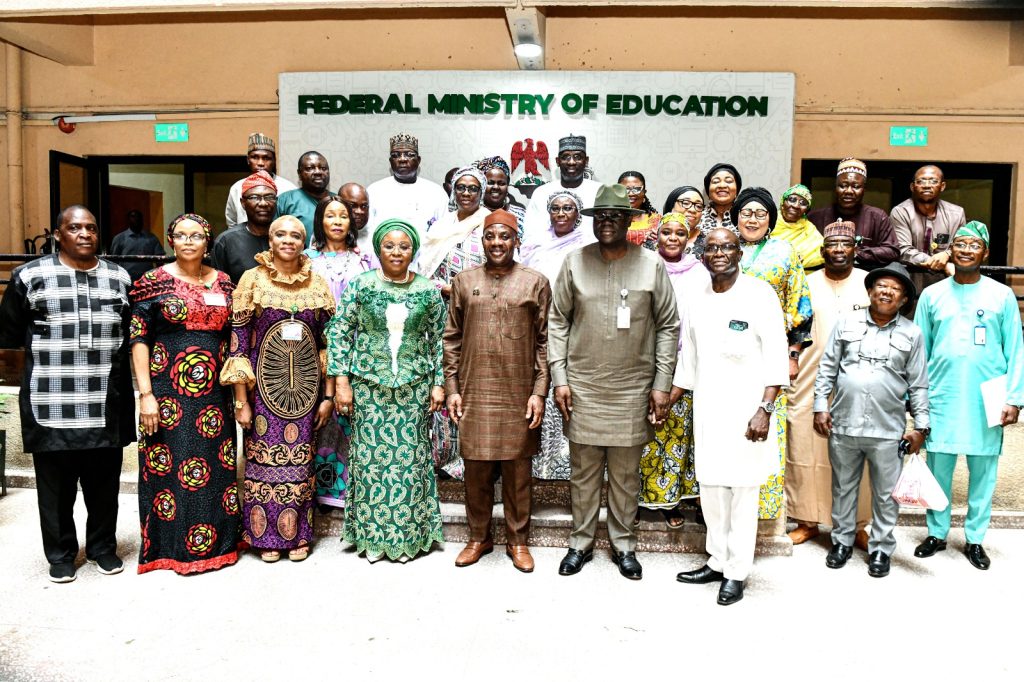As part of efforts to build a more accountable, capable, and citizen-focused Civil Service, the
Office of the Head of the Civil Service of the Federation (OHCSF) has flagged off the Professionalisation of Human Resource Management (HRM) across the core Federal Civil Service. This milestone marks a pivotal
stride under the Performance Management Pillar of the Federal Civil Service Strategy and Implementation Plan 2021–2025 (FCSSIP25).
The sensitisation workshop, which was held in Abuja, is the first in a series of engagements aimed at ensuring that administrative officers deployed to HR roles possess the requisite professional qualifications to manage talent, drive institutional performance, and support the Renewed Hope Agenda of the current administration.
In her keynote address, the Head of the Civil Service of the Federation, Mrs. Didi Esther Walson-Jack, OON, mni, described the initiative as a landmark moment in public service transformation. She emphasized that Human Resource Management goes far beyond routine administrative tasks and must now be anchored on global best practices, ethical standards, and professiona certification.
“HR is the nervous system of any functional organisation. The quality of recruitment, deployment, performance management, and staff development ultimately determines how effectively the public service delivers on its mandate,” she stated.
She further explained that for decades, critical HR functions were handled by officers without structured training in people management, resulting in policy inconsistencies, weak accountability, and skill mismatches. The current reforms, she said, are now correcting that trajectory, guided by the approved FCSSIP25 and decisions of the
National Council on Establishments (NCE).
The professionalisation programme, according to the HCSF, will include:
- The development of a National HR Competency Framework;
- Accreditation of officers through recognised professional bodies;
- Partnership with training institutions such as ASCON, PSIN, CMD and FTCs;
- Review of HR training curricula and standards;
- Transitional arrangements and a structured certification timeline;
- Gradual deployment of certified HR officers across MDAs.
Mrs. Walson-Jack reaffirmed that while the Chartered Institute of Personnel Management (CIPM) is the only statutory body authorised to certify HR professionals in Nigeria, the OHCSF will also collaborate with other reputable national and international bodies for preparatory training, knowledge sharing, and benchmarking.
In a goodwill message, Chairman of the Federal Civil Service Commission (FCSC), Prof. Tunji Olaopa, described the initiative as “long overdue.” He noted that the absence of a professional HR corps has undermined organisational performance for years and that this intervention signals a break from tradition and a leap toward professional excellence.
“This is not just a reform; it is a restructuring of the heart of government machinery,” he said. “HR must be treated as a specialised profession like law or medicine.”
He pledged the Commission’s full support in ensuring the successful transition and fair deployment of certified officers.
Earlier, the Permanent Secretary, Career Management Office, Mrs. Fatima Sugra T. Mahmood (FSM), welcomed participants and commended the visionary leadership of the HCSF in driving this important reform. She noted that the sensitisation aligns with the implementation roadmap of FCSSIP25 Pillar 2 (Performance Management) and is designed to provide officers with clarity on transitional steps and certification pathways.
She further highlighted that from January 2026, priority for deployment to HR positions will be given to certified officers,
while those already in post will be supported to undergo the professionalisation process.
The professionalisation drive is also expected to have a positive impact on industrial harmony across the Service, as Employee and Industrial Relations (EIR) is one of the core components of HR training. By strengthening officers’ skills in managing employee relations and engagement with unions, the initiative will help foster stability, fairness, and mutual trust within the workplace.
The workshop had in attendance Permanent Secretaries, Directors of Human Resources Management, leaders of professional and regulatory bodies, and administrative officers across core MDAs. It marks the first formal step in repositioning HR for “Final Sprint – Delivering Results” under the civil service transformation agenda.
Mrs. Eno Olotu, FCAI, mnipr
Director, Information and Public Relations
email: eno.olotu@ohcsf.gov.ng
Oct 2, 2025




